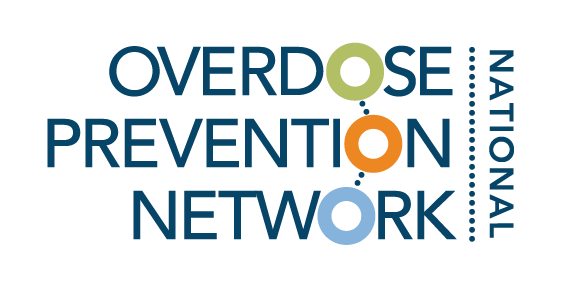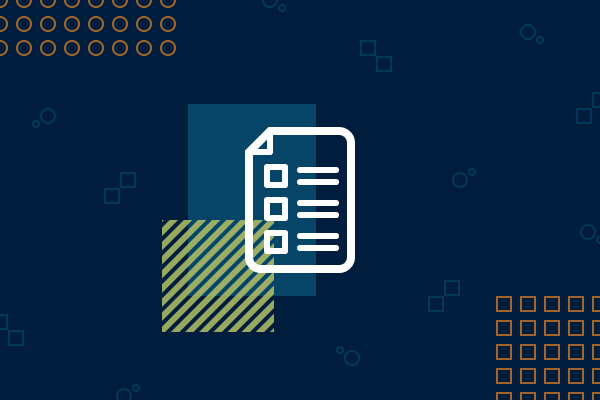
Resource Library
Toolkits, guides, and other resources vetted by experts in overdose prevention.
Filter by category and tags, or search by keyword (ex. COVID-19, harm reduction).
Do No Harm Guide: Applying Equity Awareness in Data Visualization
Through rigorous, data-based analysis, researchers and analysts can add to our understanding of societal shortcomings and point toward evidence-based actions to address them. But when data are collected and communicated carelessly, data analysis and data visualizations have an outsized capacity to mislead, misrepresent, and harm communities that already experience inequity and discrimination. This guide and its associated toolkits focus on how data practitioners can approach their work through a lens of diversity, equity, and inclusion.
One Graph or Many: Taking an Equity Lens When Visualizing Data by Race
For many data communicators, presenting data disaggregated by race or ethnicity can pose a tricky problem. It’s not uncommon to place the data for each group in a single graph, but this presentation can lead the reader to compare the performance of each group to the best performing group, creating a “horse race effect.” As a result, a reader may negatively perceive the experiences of one group relative to another.
Wound Care & Medical Triage for People Who Use Drugs and the Programs That Serve Them
This comprehensive guide provides information and recommendations regarding general health, safer use practices, common viral, fungal, parasitic, and other injection-related infections, overdose and overamp, tapering, withdrawal, medications for opioid use disorder, and seeking medical care.
Key Considerations for Applying an Equity Lens to Collaborative Practice
This brief helps collaborative teams formally assess existing policies to determine whether, and to what extent, they contribute to disproportionate and disparate outcomes for the families being served.
Substance Use Management Consultation
This website provides clinically supported advice on substance use management for healthcare providers
Anti-Criminalization and Public Health Systems Factsheets
NASTAD, with consultant Reframe Health and Justice, created a three-part factsheet to provide information on the role of public health in addressing the impacts of criminalization and policing. The toolkit includes factsheet pages on Criminalization as a Determinant of Public Health, Abolition vs Reform, and Anti-Criminalization for Public Health Strategies.
Clinical Provider Quick Tips Addressing Substance Use in Primary Care Settings
"This Toolkit consists of a series of ""quick clinical tips""- bringing state-of-the-art resources and practical tools to busy clinicians addressing patient stimulant and fentanyl use in primary care
settings."
Recovery Ecosystem Index Map
This resource provides data on recovery ecosystems through the U.S. Examples of key features include treatment services, recovery residences, harm reduction organizations, employment opportunities, and prevention organizations
Data Interactives on LGBTQ+ Individuals
This data resource provides state level data that is maintained by the UCLA Williams Institute. The data interactives provide information on LGBTQ+ people in the United States in a dynamic and customizable visual format.
Homeless Data Integration System
The California Interagency Council on Homelessness’ Statewide Action Plan pursues a vision for the Council and state’s work to prevent and end homelessness focused on purposeful, action-oriented coordination and alignment among state departments. By providing data that allows California to measure progress towards the goal of preventing and ending homelessness, the Homeless Data Integration System (HDIS) plays a pivotal role in the state’s comprehensive strategy to get more Californians into affordable, stable living environments and to connect them with the supportive services they need to succeed.
Census Bureau QuickFacts
QuickFacts provides statistics and demographics for all states and counties, and for cities and towns with a population of 5,000 or more.
NEMESIS Opioid Overdose Tracker
The goal of the Office of National Drug Control Policy (ONDCP) Non-Fatal Opioid Overdose Tracker is to track non-fatal opioid overdose in the pre-hospital setting using nationally submitted Emergency Medical Services (EMS) data. NEMSIS is the official EMS Data Collection Standard for EMS agencies, it is an Information Systems Compliance Architecture which allows the transfer of data between systems, and it is the National EMS Database
California Overdose Surveillance Dashboard
This tool provides current data and statistics on overdoses in California providing data that can be sorted on the state-level, county-level, and with advanced filters.
Drug Policy Alliance (DPA) Podcast Episode 48: Classwide Scheduling of Fentanyl-Related Substances Won’t Save Lives - It Will Overcriminalize Them
In this podcast episode, the Drug Policy Alliance’s Maritza Perez speaks with FRS expert and criminal defense attorney Patricia Richman to explain more about what classwide drug scheduling means, and why we are fighting against it.
Harm Reduction Hacks Microsite
Harm Reduction Hacks is a comprehensive microsite and resource to guide organizations developing new and/or with existing syringe services programs (SSPs) in program design, implementation, and organizational sustainability. This resource was developed through the CDC-funded National Harm Reduction Technical Assistance Center.
Dear Colleague Letter: Xylazine
The DEA recently issued a warning about xylazine, a veterinary drug. This "Dear Colleague" letter from the Substance Abuse and Mental Health Services Administration (SAMHSA) provides a report on the risks of xylazine.
Fact Sheet: California Law and Syringe Services Programs
This fact sheet reviews California Law as it relates to syringe services programs (SSPs). It overviews key takeaways on syringe possession, syringe distribution, other safer drug use materials distributed for public health purposes, and naloxone.
California Harm Reduction Supplies
This presentation overviews all of the materials included in the Office of Aids Harm Reduction Supply Clearinghouse with an image, function, and why it is being offered as harm reduction supplies.
Issue Brief: Smoking Supplies for Harm Reduction
In this issue brief it reviews smoking supplies for harm reduction, California law, and evidence for providing safer smoking supplies to reduce drug-related harm.
Fact Sheet: Syringe Services Programs in California: An Overview
This fact sheet provides information on syringe services programs critical role in California's efforts to stop drug overdose deaths, prevention of transmission of other blood-borne diseases, and HIV infections.








